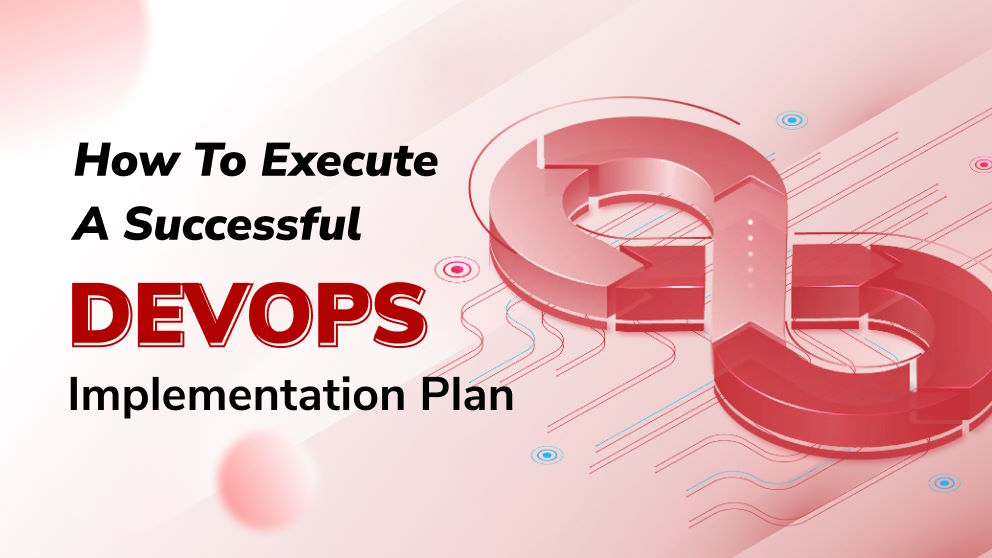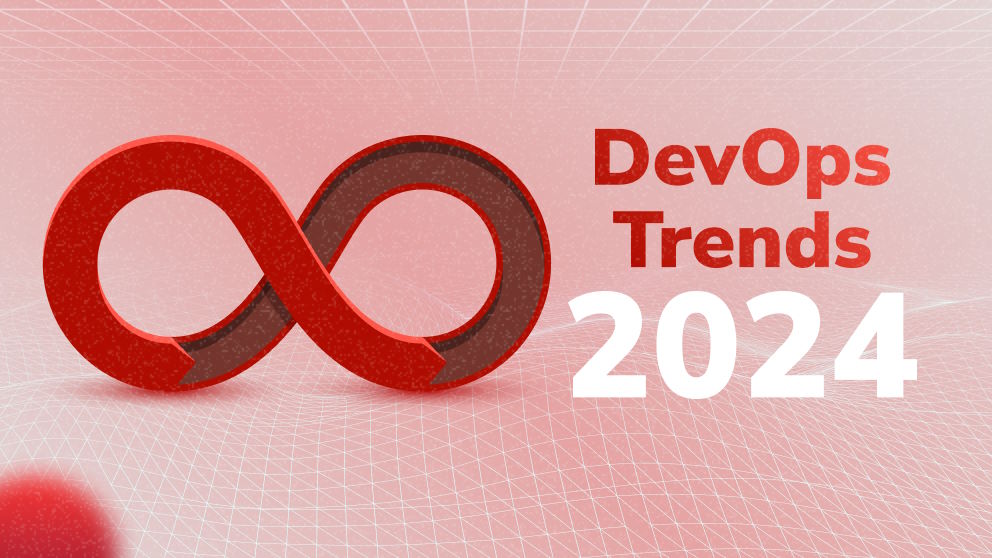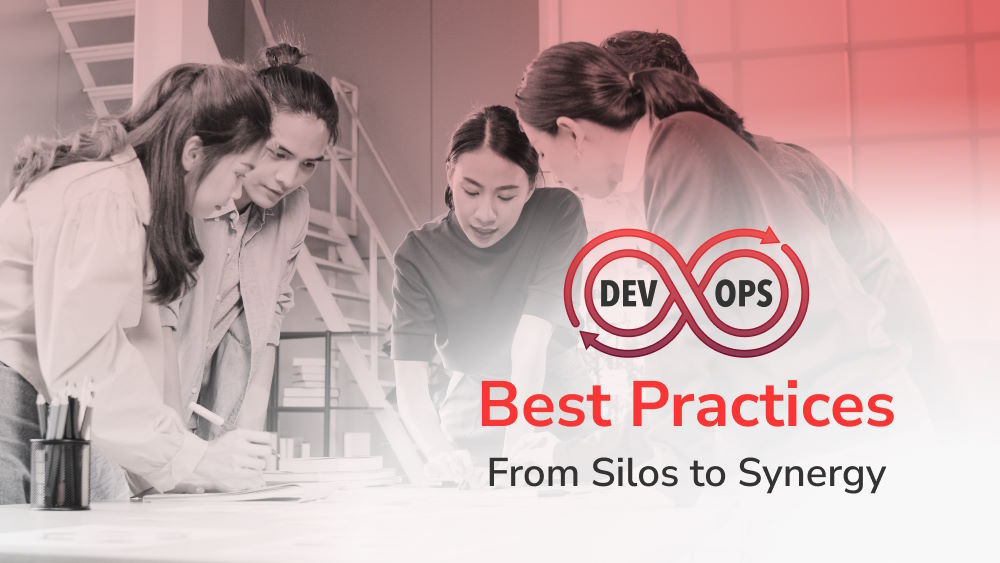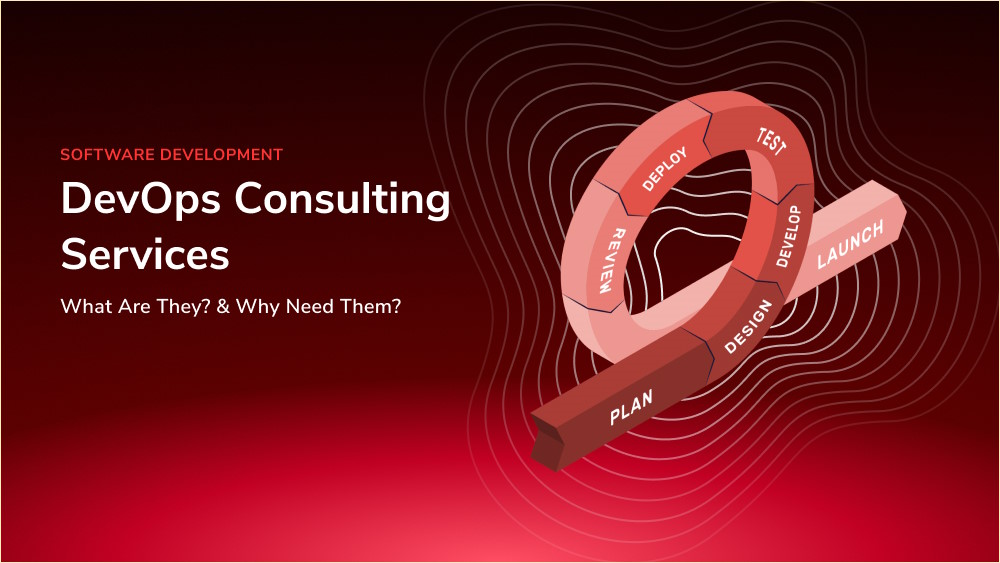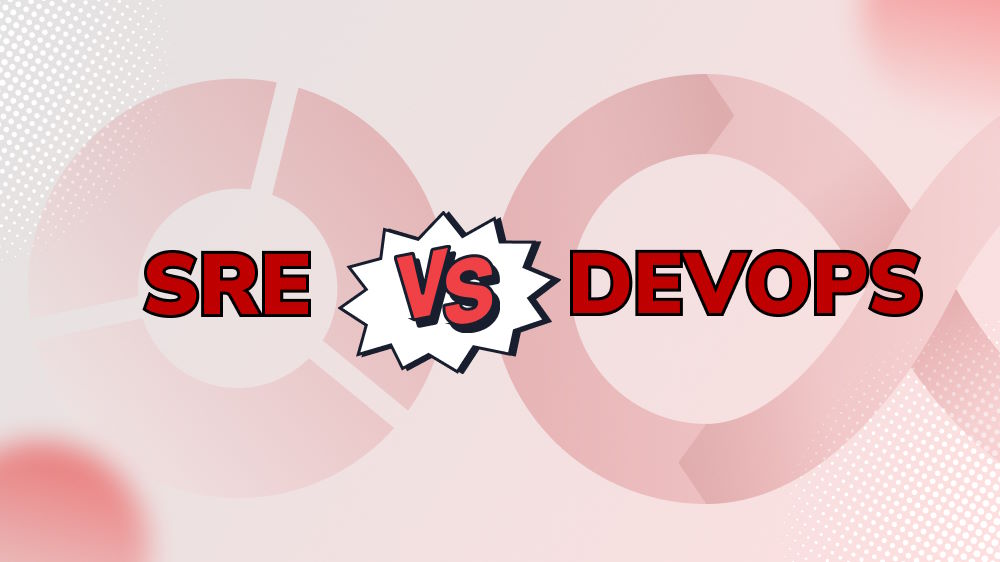
From Novice to Pro: Nurturing Your DevOps Skills
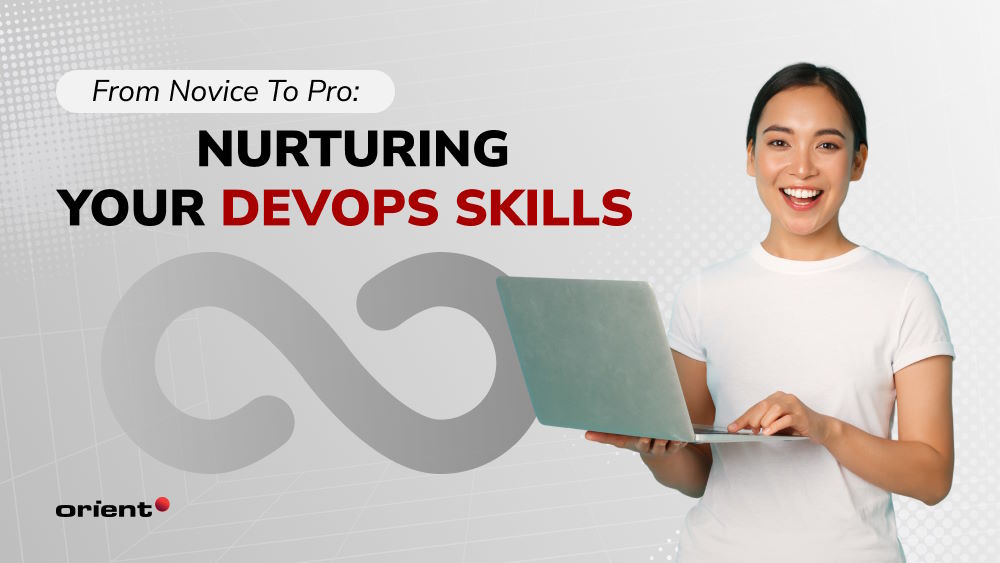
Content Map
More chaptersThe foundation of one successful software project is a strong culture of collaboration and a strong sense of collective goal. One way to achieve this culture is by having a skilled DevOps engineer onboard. In fact, DevOps engineers are among the top 15 most in-demand tech jobs in 2024.
DevOps adopters bridge the gaps between development and operation teams. They are the ones that ensure continuous and consistent software delivery. No longer a simple buzzword, DevOps engineers have become one of the most needed tech roles in all kinds of businesses, big or small.
If you have long aspired to become a DevOps engineer or are currently looking to upgrade your skills, this article is for you. We will outline everything you need to know about the top DevOps skills, including the technical skills, the soft skills, and the credentials needed to achieve your dream career path.
What Is DevOps?
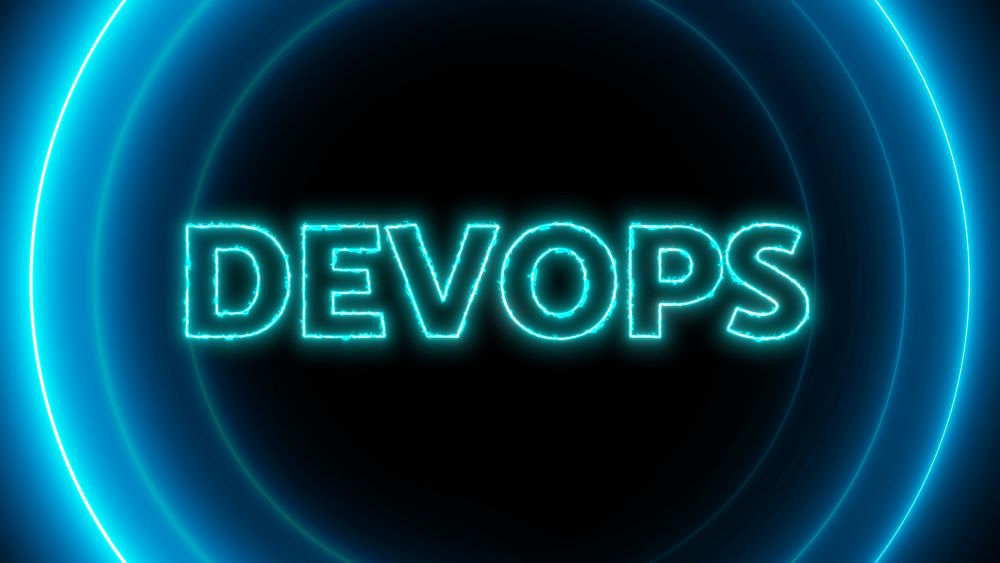
Definition
“Development” and “Operations” are the two terms that together form the term “DevOps.” Through the elimination of departmental silos, continuous feedback and collaboration, security (in all its forms during the design, programming, and testing phases), automation, and the application of artificial intelligence (AI) to expedite various tasks, this methodology seeks to optimize the development process.
If you want to learn more about DevOps, we have a comprehensive article that discusses everything you need to know regarding the topic. There is one thing we would love to highlight, however, is that DevOps is not a set of tools or technologies. DevOps is a cultural mindset that allows engineers to continuously deliver efficient business processes and boost time to market.
All of the mentioned benefits wouldn’t have been possible without having a DevOps engineer with the right tools participating in the project.
DevOps Tools
To better discuss the necessary DevOps engineer skills, here is a brief overview of the common DevOps tools.
- StrongDM: StrongDM is a powerful and secure infrastructure access platform that provides easy, secure, and auditable access to all the resources DevOps teams need.
- Terraform by HashiCorp: Terraform is an open-source infrastructure-as-code tool that manages cloud services through a consistent CLI workflow.
- Kubernetes: Kubernetes is a container orchestration platform that simplifies managing containers.
- Docker: Docker is a lightweight and well-known DevOps tool that facilitates SDLC workflows.
- Jira: Jira is a software development platform for tracking issues and managing projects.
- Git: Git is a distributed version control system that handles projects of all sizes and types.
- NAKIVO: NAKIVO Backup & Replication is a solution for data backup and disaster recovery
- Ansible: Ansible is an open-source tool for automation, orchestration, and configuration management.
- Site24x7: Site24x7 is a performance monitoring tool for websites, servers, networks, and applications.
- Jenkins: Jenkins is a continuous integration server monitoring repetitive tasks and automating software deployment.
Each DevOps tool plays a distinct role in the various DevOps lifecycle.
What Does a DevOps Engineer Do?
While DevOps methodology focuses on managing and maintaining the application and code integration, DevOps engineers are the ones executing the mentioned tasks. These professionals often possess an in-depth understanding of the software development life cycle, system administration, and operations.
DevOps engineers play a distinct role that involves:
- IT infrastructure management, like multi-tenant setups and hybrid cloud configurations
- Provision of resources
- Deployment model selection
- Testing procedure monitoring and post-release performance
- Working with development teams to work on application components connection and integration of SQL data management tools and messaging tools.
- Providing on-call support
- Data infrastructure automation
- Automating and maintaining live environments
Top DevOps Skills
There is an array of technical skills required to implement DevOps practices effectively in an organization:
Technical Skills
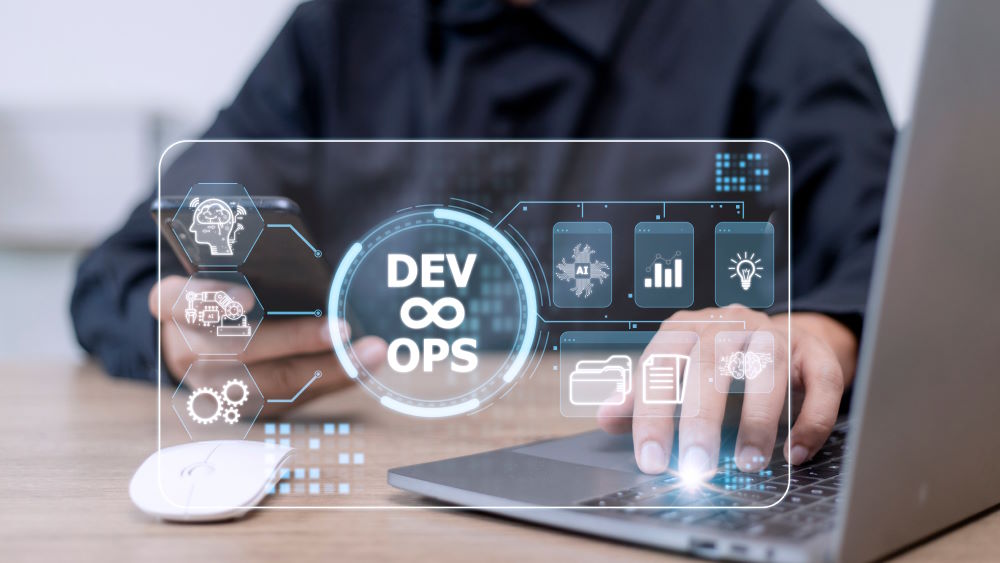
Linux Fundamentals
Linux Operating System is free, secure, stable, and has a strong community. Many servers are powered by Linux distributions.
DevOps engineers need to understand Linx fundamentals to handle different kinds of servers (most of which are running on Linux). This means they understand package management, file systems and navigation, permissions, and command-line utilities.
Coding and Scripting Skills
One of DevOps’s main responsibilities is understanding the source code and handling integration to run deployments on the operation side. Coding is an essential skill. DevOps engineers need to understand languages like Java, PHP, C++, Javascript, and Python. Understanding management tools like Jenkins or Apache Ant is beneficial as well.
Scripting skills are also fundamental. The automation of system administration tasks requires proficiency in scripting languages like Shell or Bash.
Understanding of Relevant Tools
Each industry has a set of required skills that a DevOps engineer needs to master. Despite the distinctions between industries, a DevOps professional’s primary duties are to facilitate seamless deployment, automate infrastructure management, and support software development lifecycle optimization. This means a DevOps engineer should have a grasp of a certain number of basic tools.
- Proficiency in version control systems, such as Git or SVN.
- Knowledge of continuous integration servers like Jenkins or Travis CI.
- Use of configuration management tools like Ansible, Chef, or Puppet.
- Knowledge of containerization platforms like Docker and container orchestration tools like Kubernetes.
- Proficiency in infrastructure orchestration tools like Terraform or CloudFormation.
- Understanding of testing frameworks and tools like Selenium or JUnit.
- Knowledge of cloud-quality tools like SonarQube or JMeter.
- Proficiency in monitoring tools like Nagios, Splunk, or Prometheus.
- Understanding of network protocols like TCP/IP, DNS, or HTTPS.
Security Skills
In addition to technical skills, DevOps professionals must also possess security skills to mitigate potential security risks effectively. The potential risks are in line with the speed of DevOps facilitation. Hence, having the traditional separate security methods or security at the end might not be efficient. It is the best choice to integrate security from the beginning. This means DevSecOps is needed in the engineer’s tool arsenal.
Automation Skills
Automation is at the heart of DevOps. Engineers should be able to automate meticulous, manual, and repetitive tasks with high precision. This includes the entire DevOps pipeline: app performance monitoring, CI/CD cycles, Infrastructure, and configurations. Not only does automation boost overall efficiency, but it also reduces the risk of expensive human errors.
Cloud Skills
DevOps and cloud computing are closely related. They directly impact one another’s efficiency. DevOps and cloud computing simplify IT workflows by eliminating the need for physical Infrastructure. Collaboration and tasks can be performed remotely from any device. This leads to increased proficiency in multiple roles and better outcomes for stakeholders and customers.
Testing Skills
Tests in the DevOps automation pipeline are a must to ensure a successful DevOps operation. Automation tests are crucial for identifying bugs, smooth operation, speeding up the process, and guaranteeing high-quality delivery to the users. In addition to knowing the basic testing tools, it is helpful to learn how to integrate testing tools like Selenium with Jenkins.
Configuration and Version Management
Another essential DevOps skill is configuration and version management. DevOps engineers need version management skills to manage and track changes to software code throughout its lifecycle. Again, this skill cannot be mastered without mastering the necessary relevant tools like Jenkins, Mavens, and Git.
Soft Skills

Technical skills are undoubtedly crucial for a DevOps engineer, but they should not be the sole focus. The constant release cycles and new features often require collaboration between multiple teams. It is essential to concentrate on soft skills as well. Developing soft skills not only fosters a strong working culture but also leads to more efficient deliverables.
Understanding Your Customer
At the end of the day, the ultimate goal of any project is to create a product that solves the client’s pain points and meets their needs. This can only be achieved when IT professionals work hard to understand their challenges and what a seamless user experience would look like. All in all, it can be challenging to look at the bigger picture when you are focused on the technical aspects, but this skill is what makes a great DevOps engineer.
Communication
DevOps engineers should be both professionals in their field and professionals in communicating. As individuals possessing a wide range of technical knowledge, they can explain complex concepts to non-technical team members and stakeholders while also being good listeners to understand what the main concerns are. Effective teamwork requires effective communication to ensure everyone is aligned.
Organizational
The DevOps world can be a chaotic one. They need to manage a multitude of tools, configurations, and requirements. It can be easy to get swept away in the constant tasks and demands thrown at you, so being able to stay on top of the workload is a must if you want to be a successful (and not burnt out) DevOps engineer.
Collaboration
Every step of the project calls for collaboration. The most successful DevOps engineers are those who work together to prioritize workloads, solve problems, maintain control, and contribute constructive feedback to gain better visibility on projects. Effective collaboration minimizes bottlenecks and boosts productivity.
Level up Your DevOps Skills
Learning never stops. If you are looking for ways to upgrade your DevOps skill set, there are a number of credentials and certificates to help you show off your expertise. The most well-known ones are
- Certified Kubernetes Administrator
- CompTIA Security+
- Puppet Enterprise Certification
- CompTIA Linux+
- Microsoft Certified DevOps Engineer Expert
- CompTIA Cloud+
- DevOps on AWS Specialization
If you are still hesitant about learning these skills, you can start small by learning the technical skills we mentioned earlier. The best way to learn is by surrounding yourself with seasoned professionals who are willing to guide you in your journey of acquiring new knowledge. This is precisely what the Orient Software team provides. If you are looking to grow as a DevOps engineer, Orient Software is an excellent choice. Alternatively, if you’re looking for a dedicated developer team with professional DevOps engineers, Orient Software has got you covered. Contact us today!


